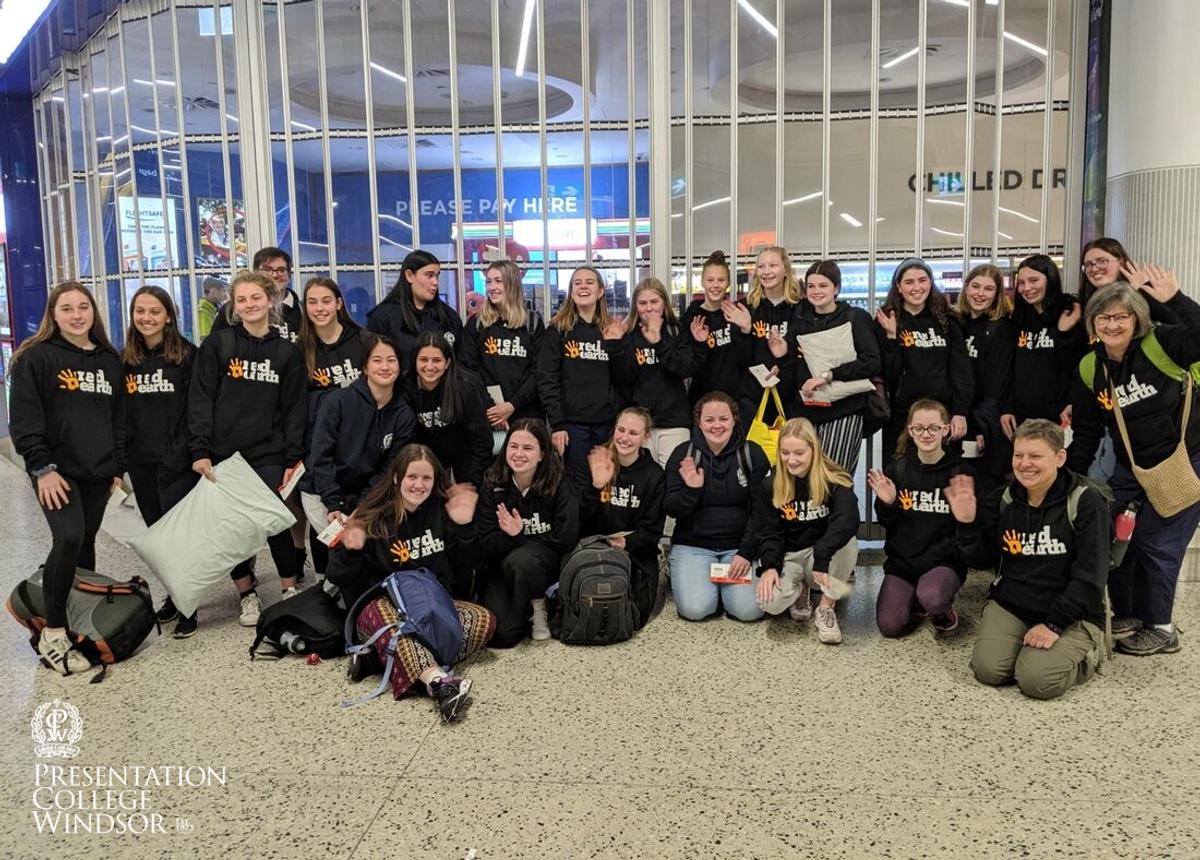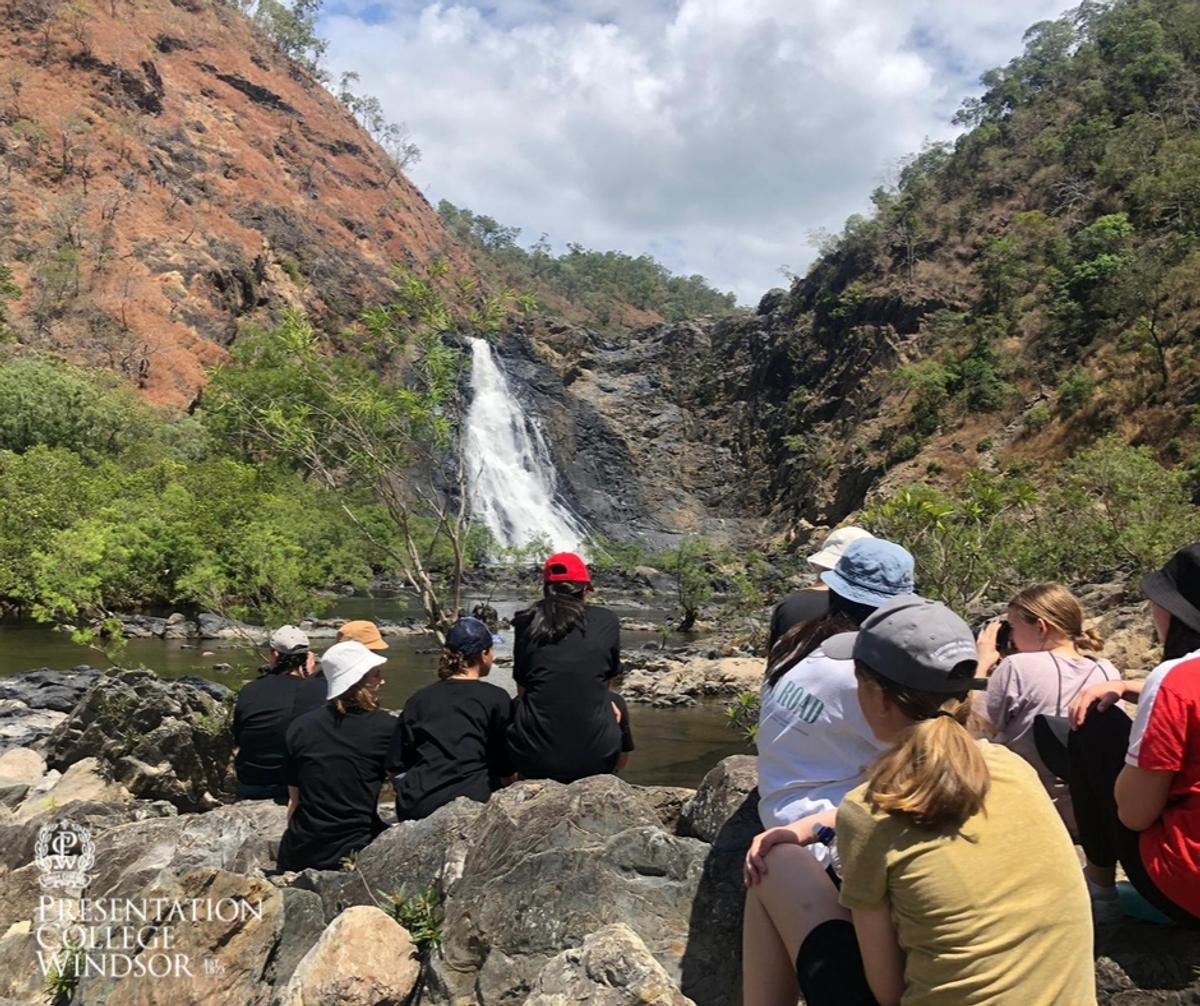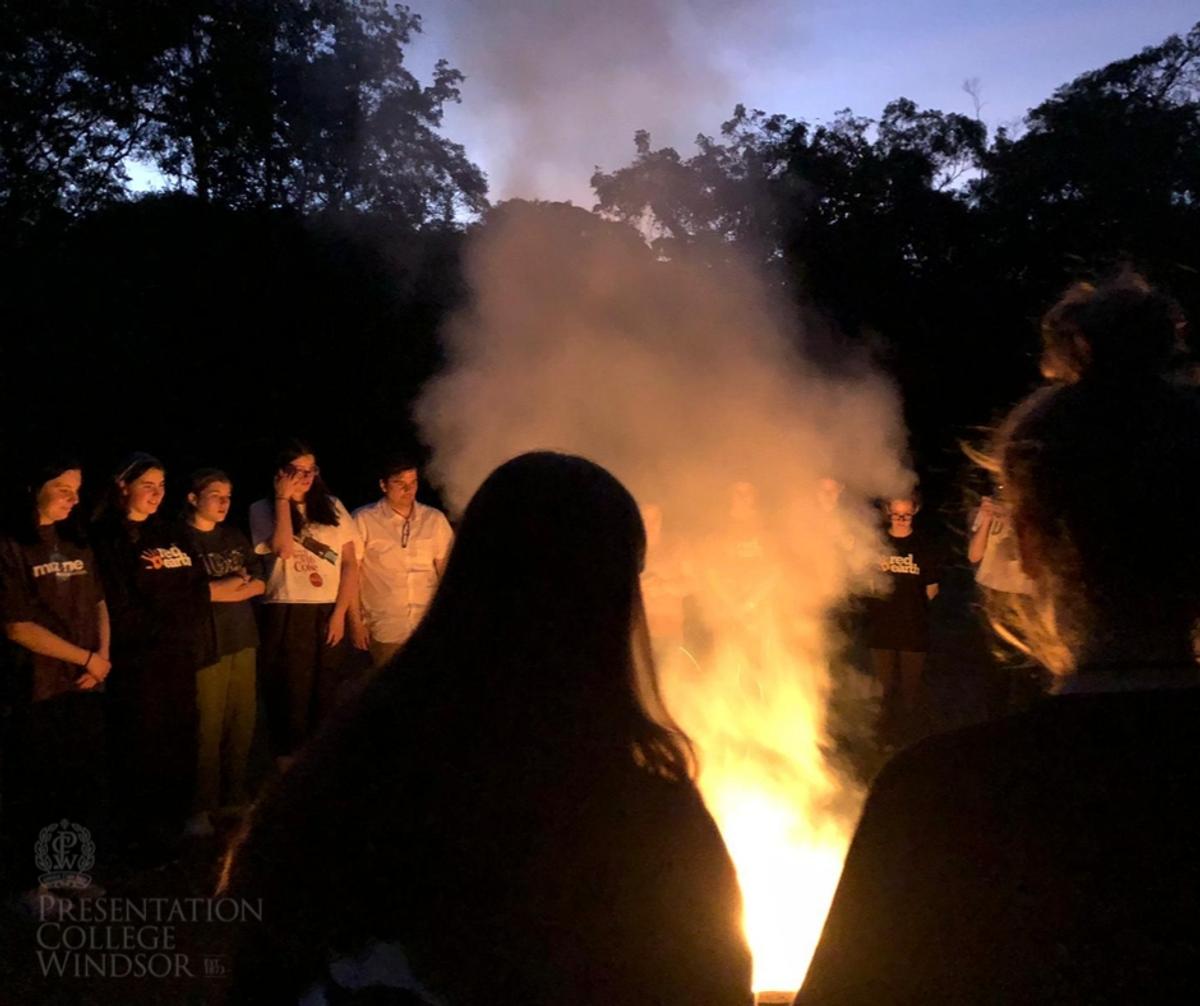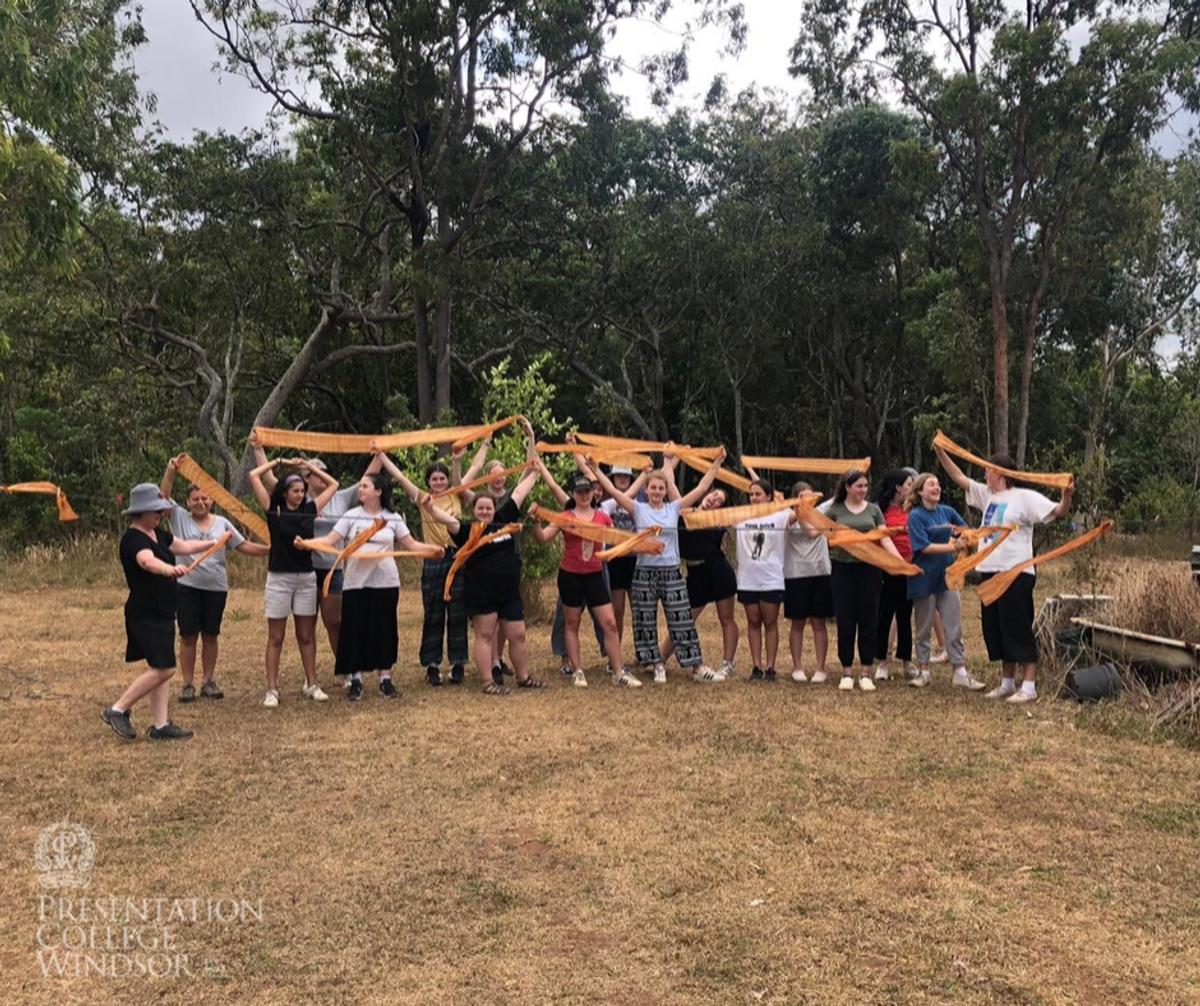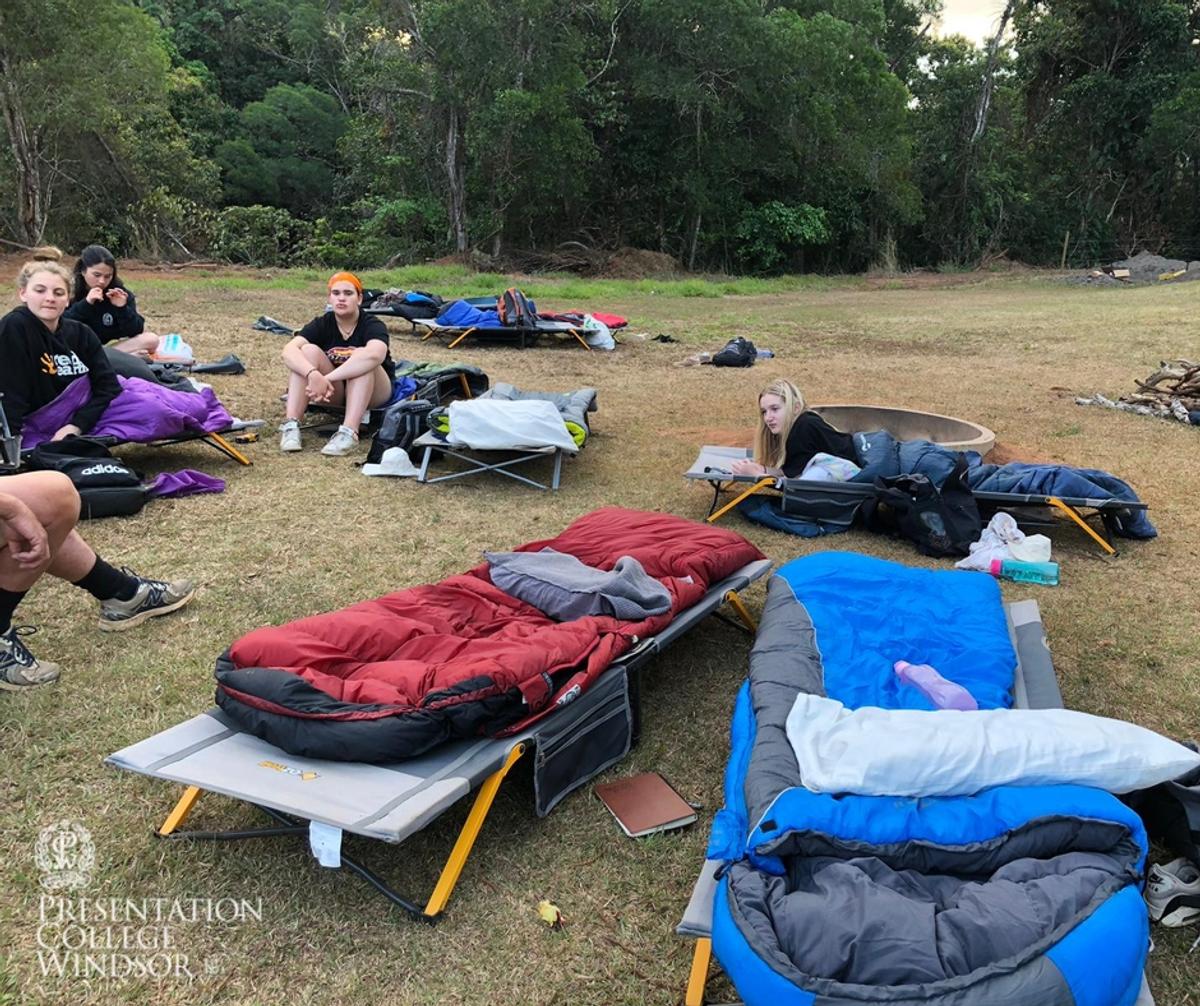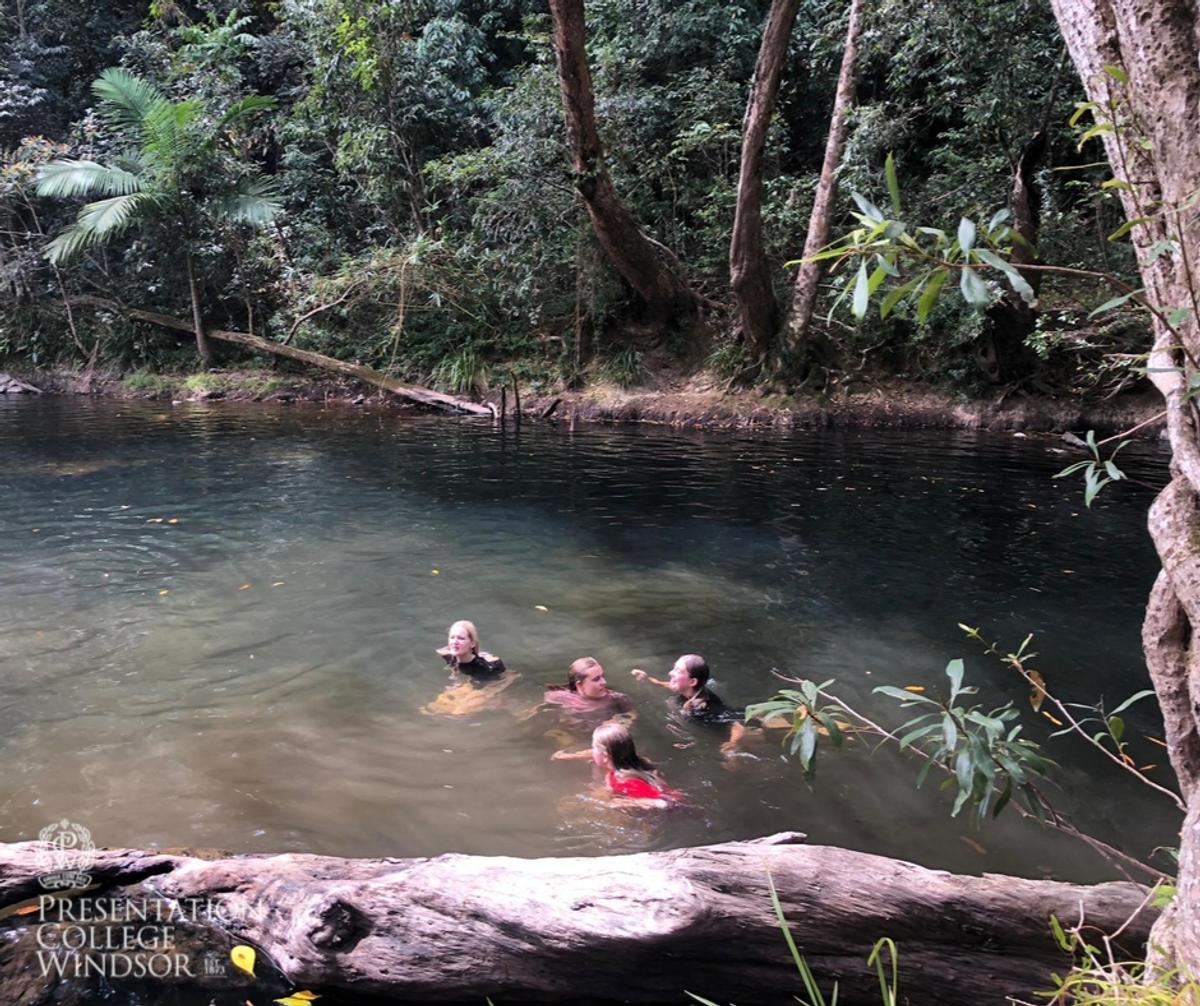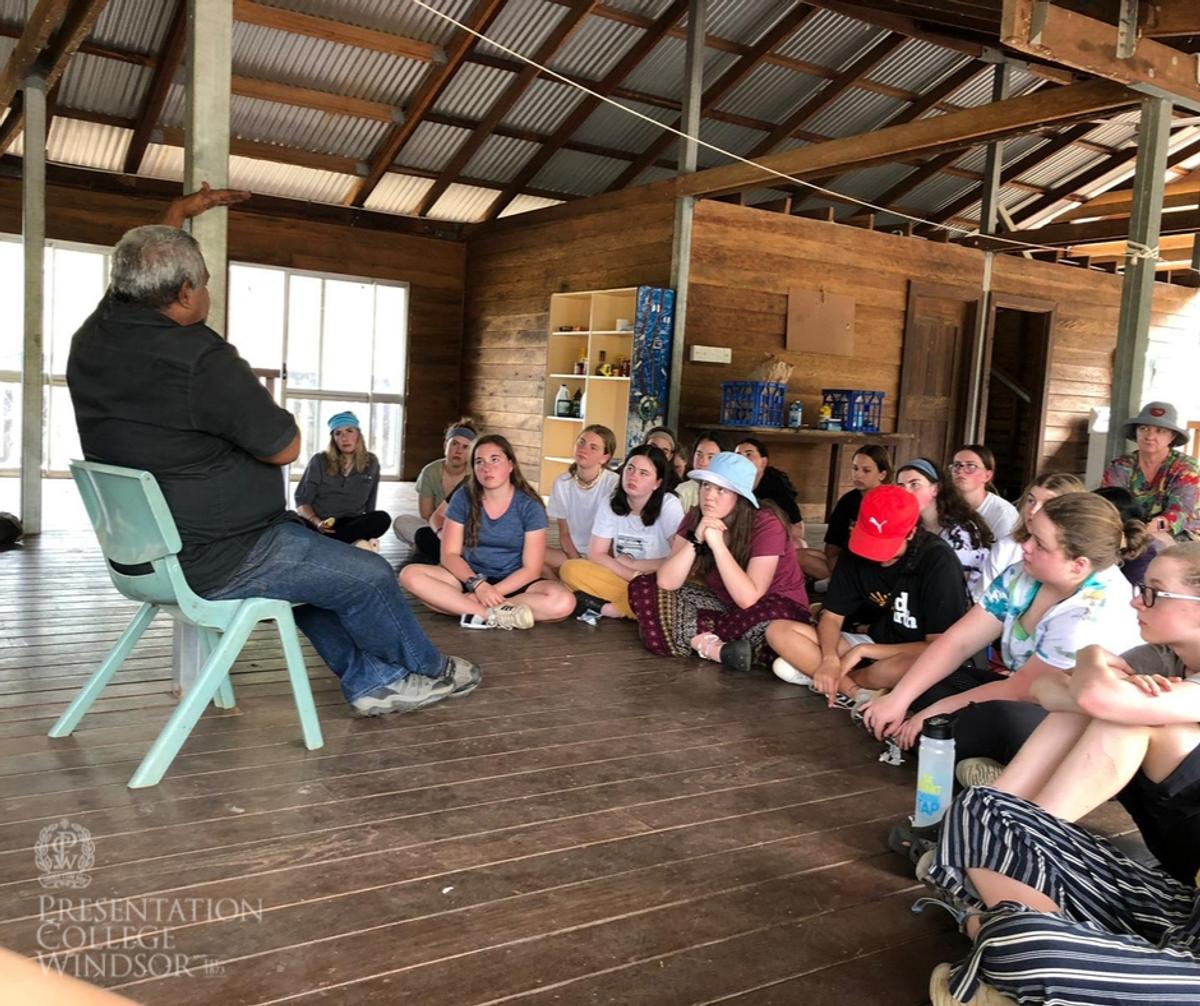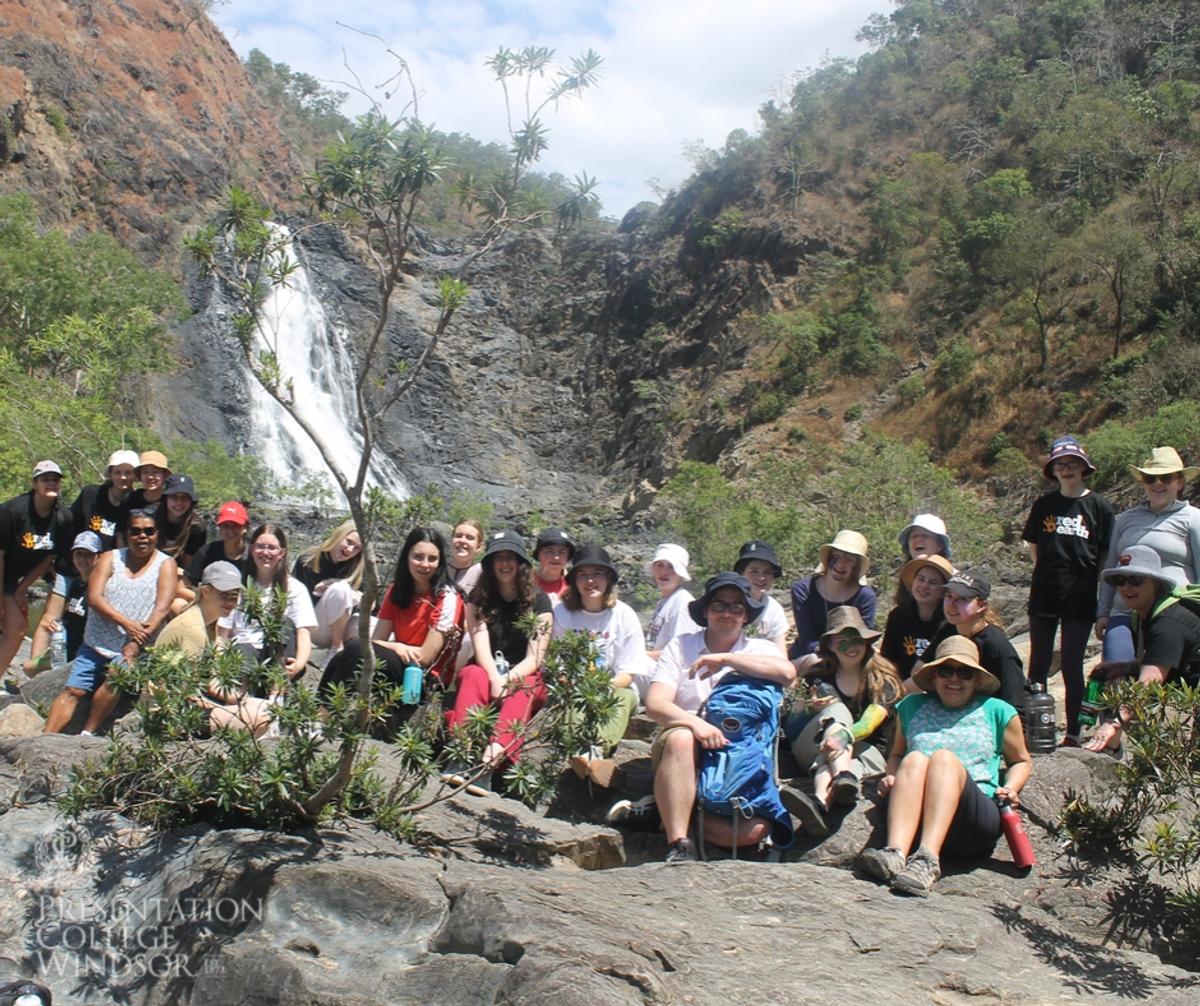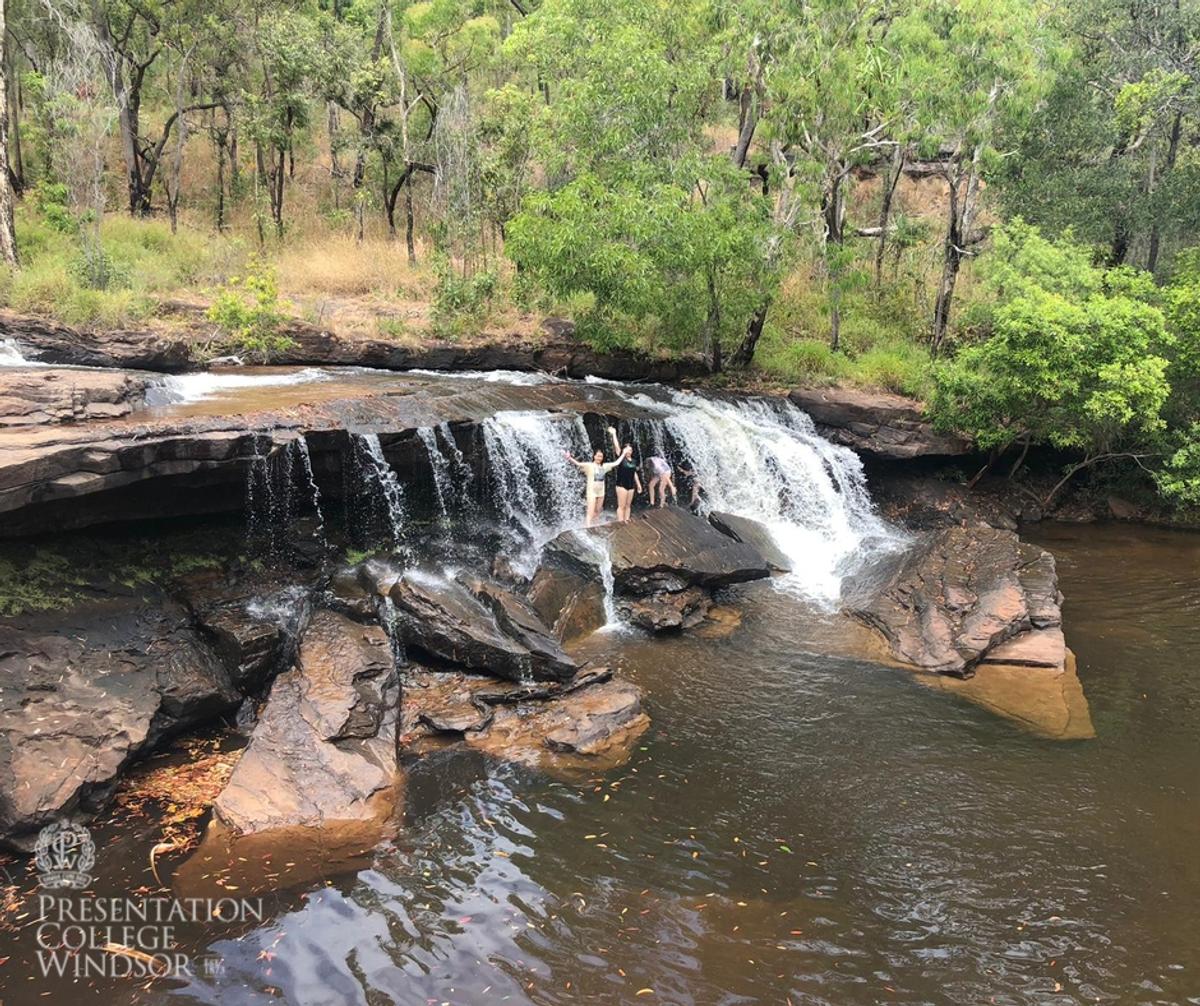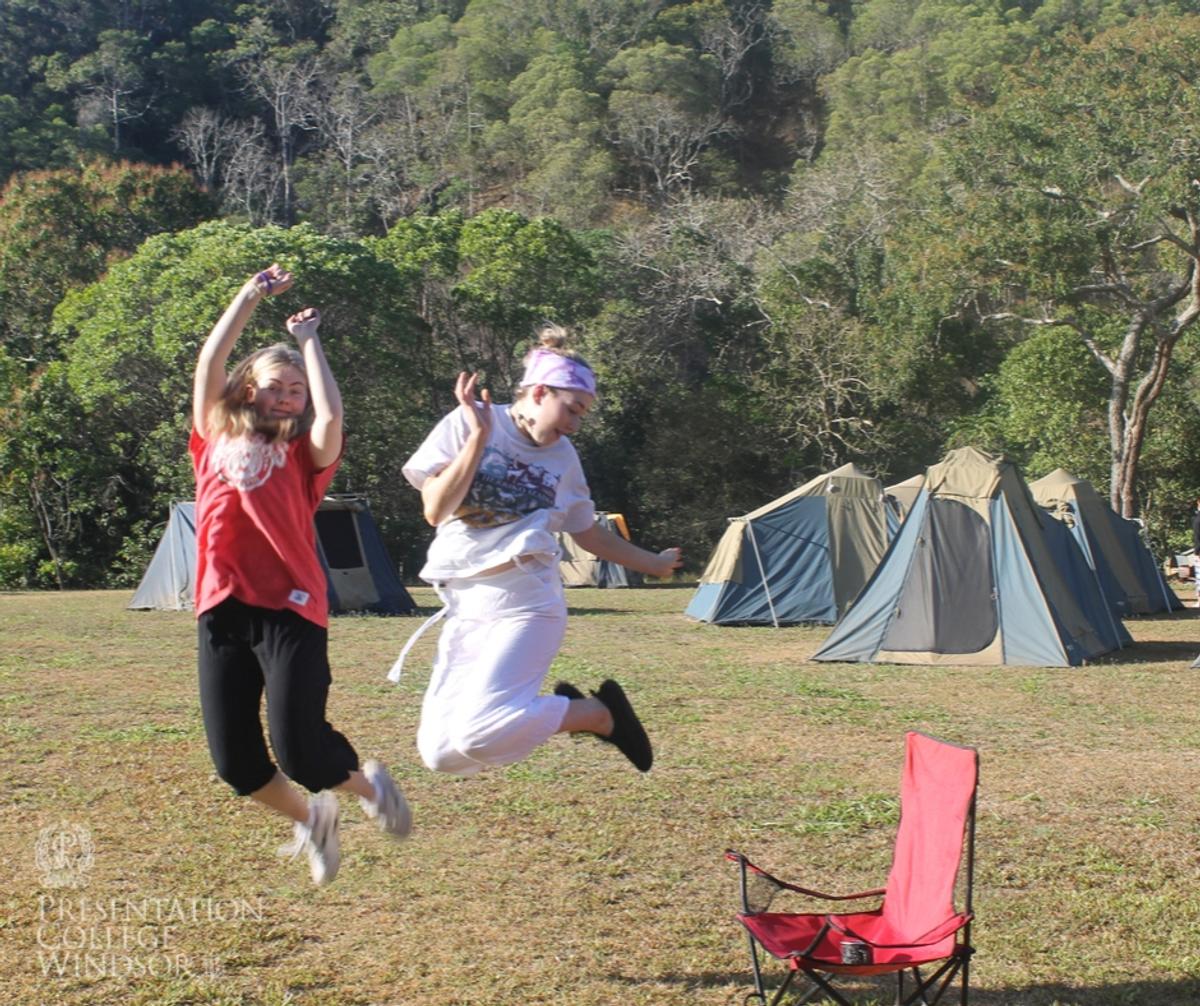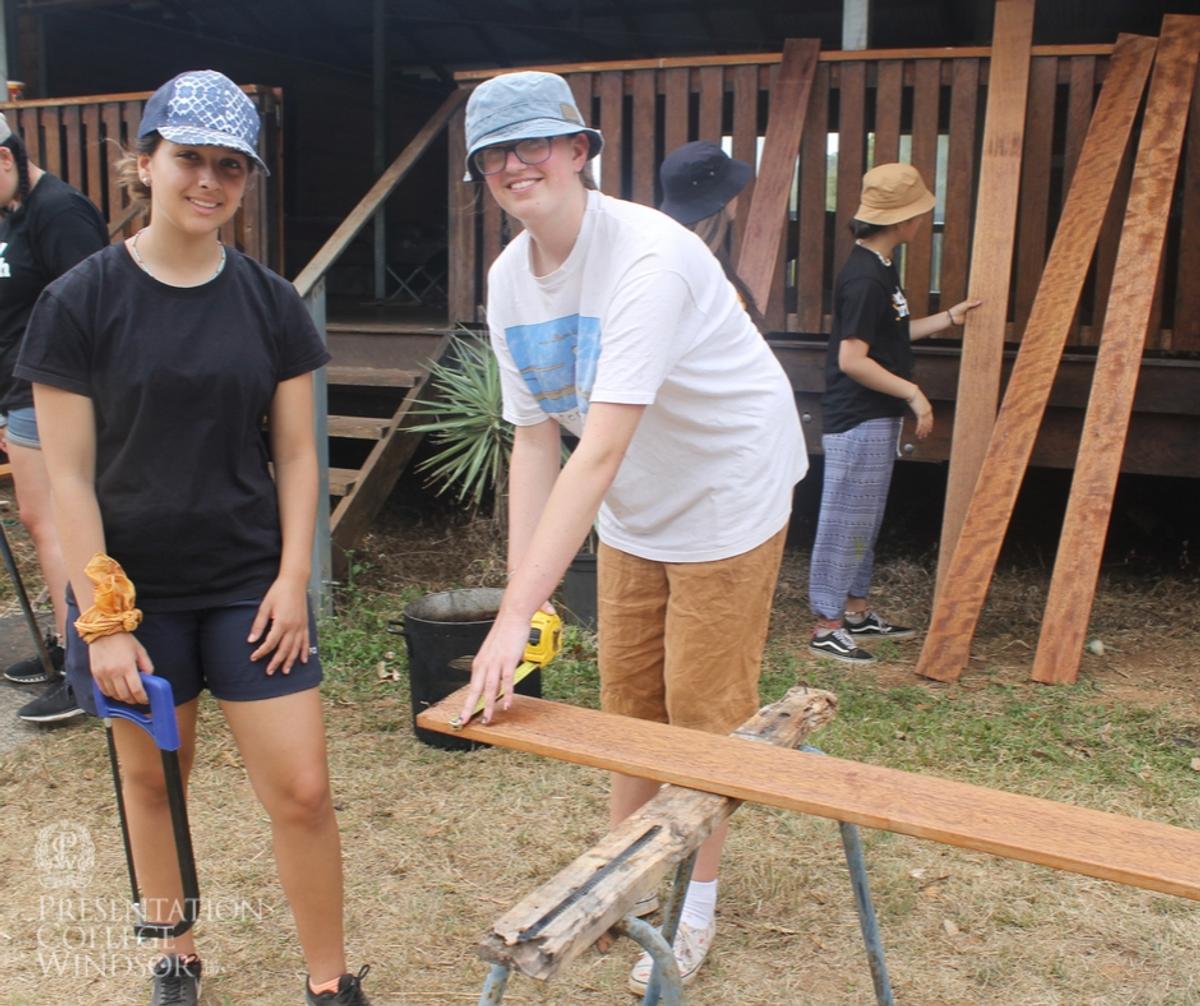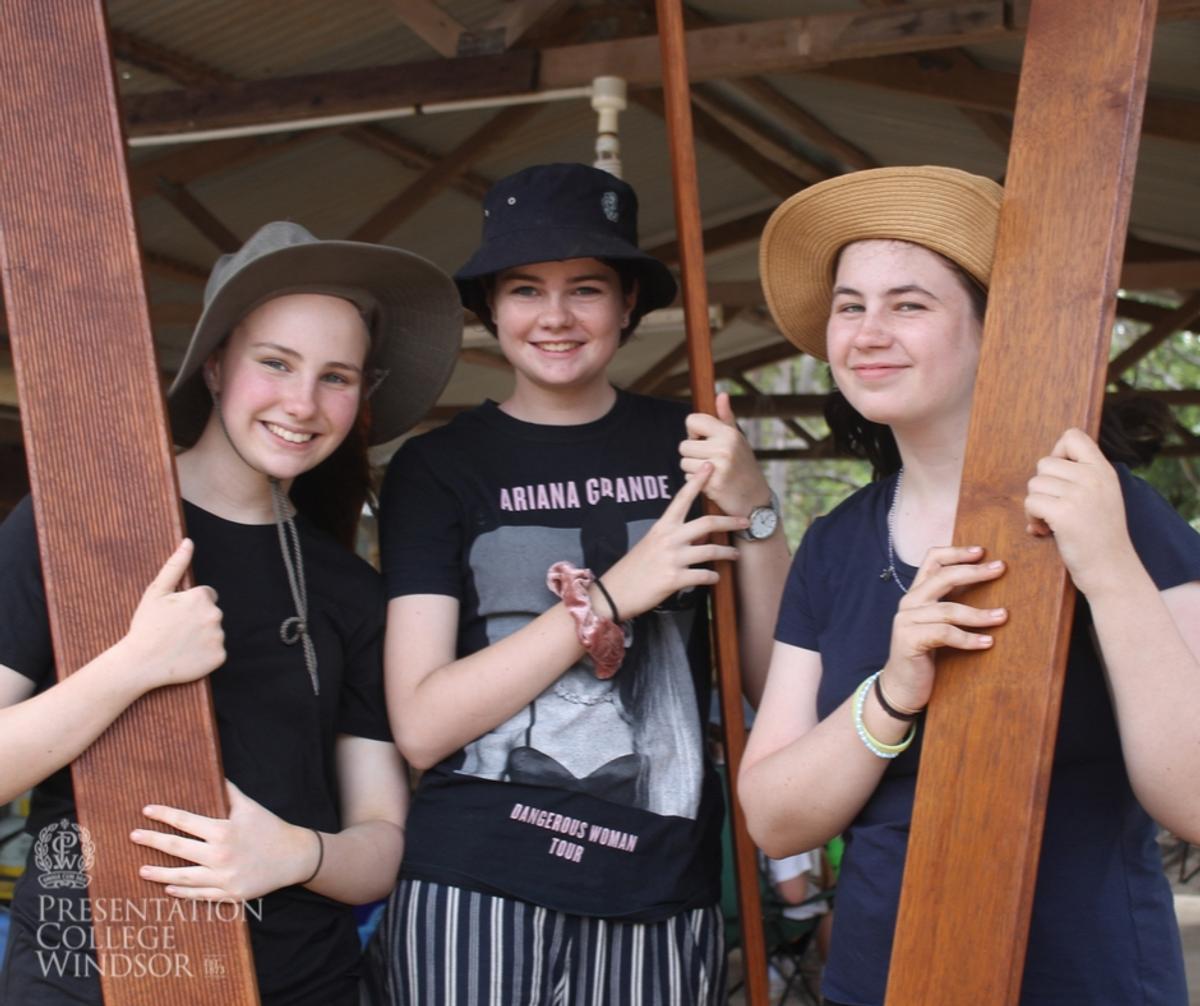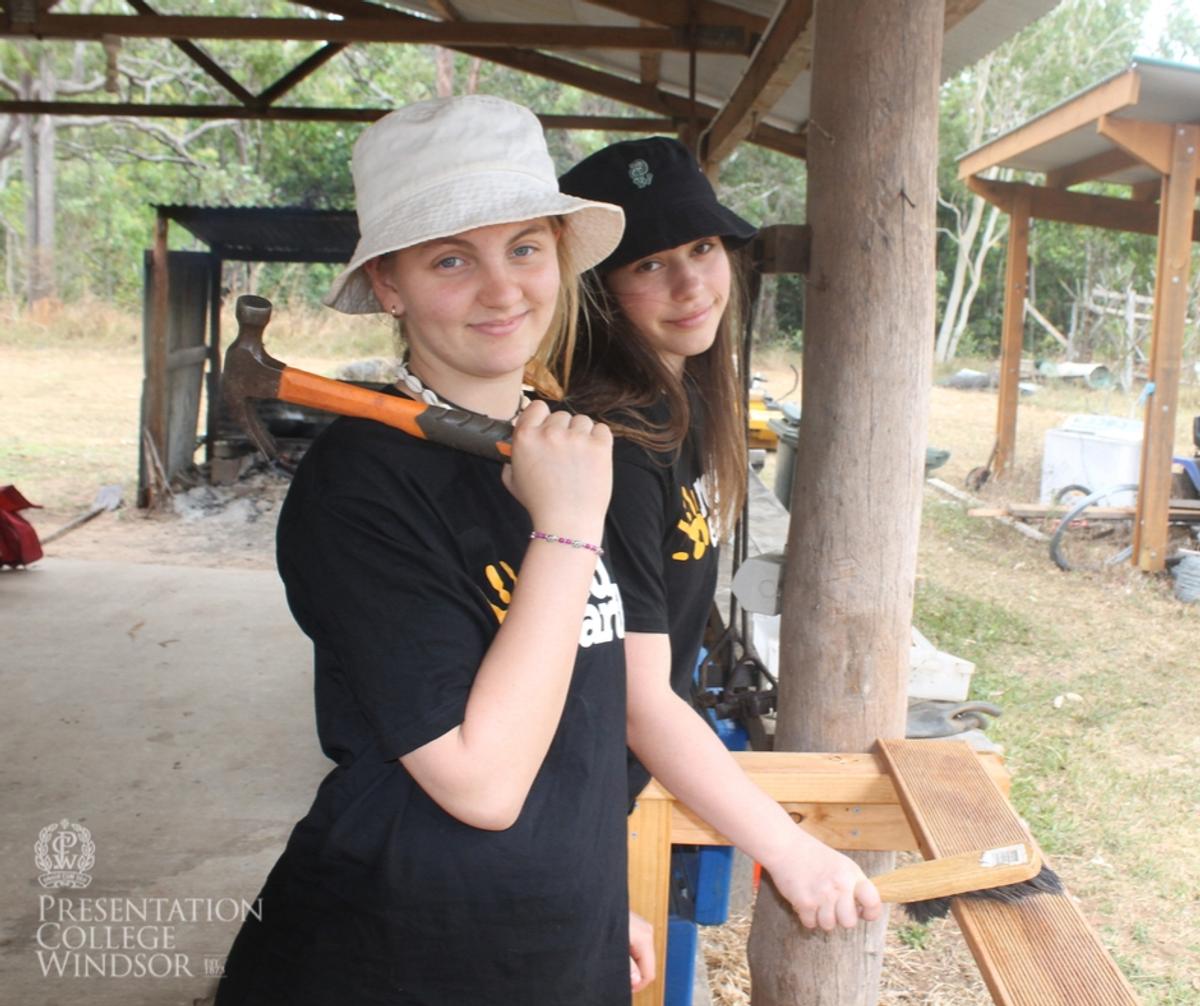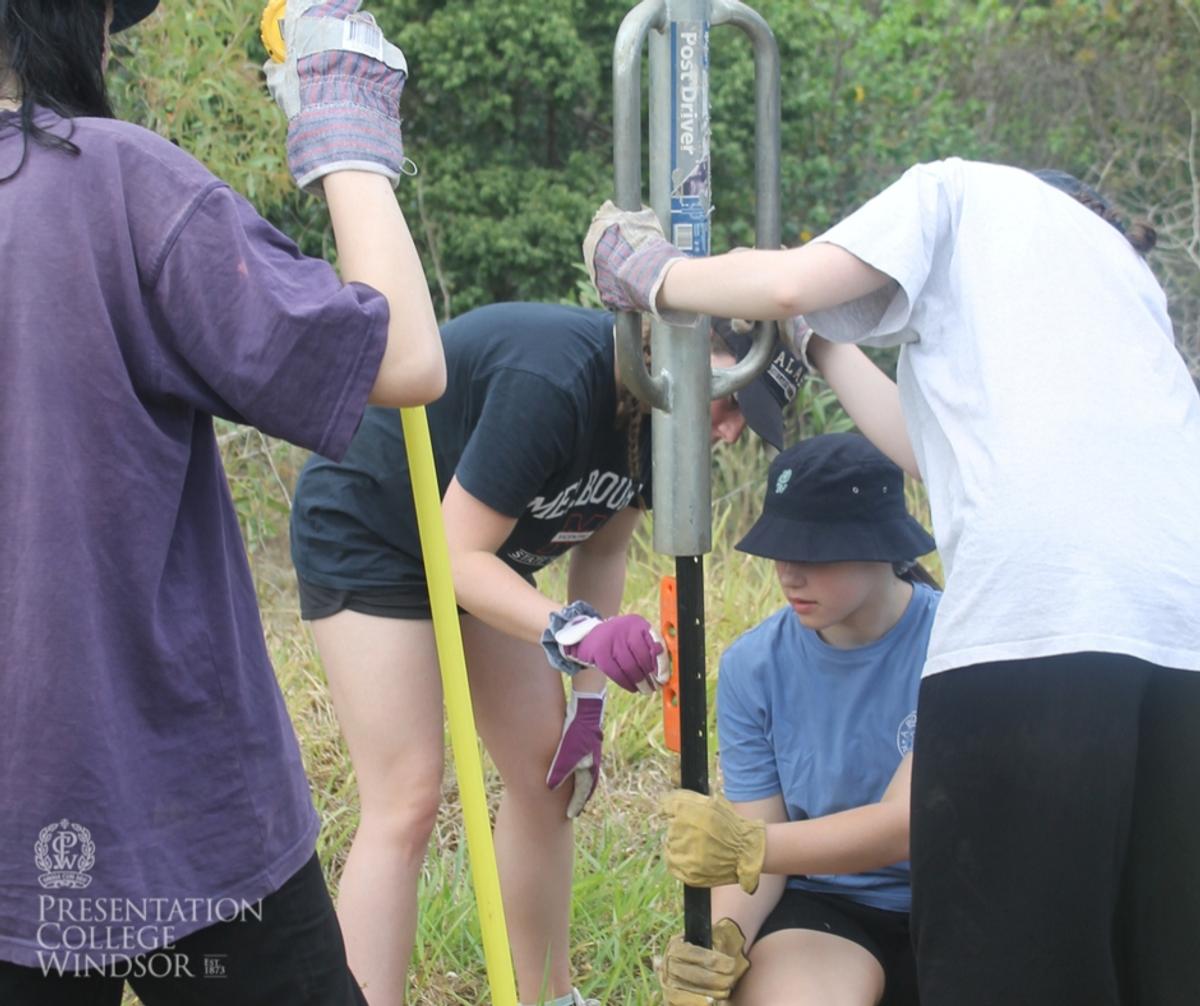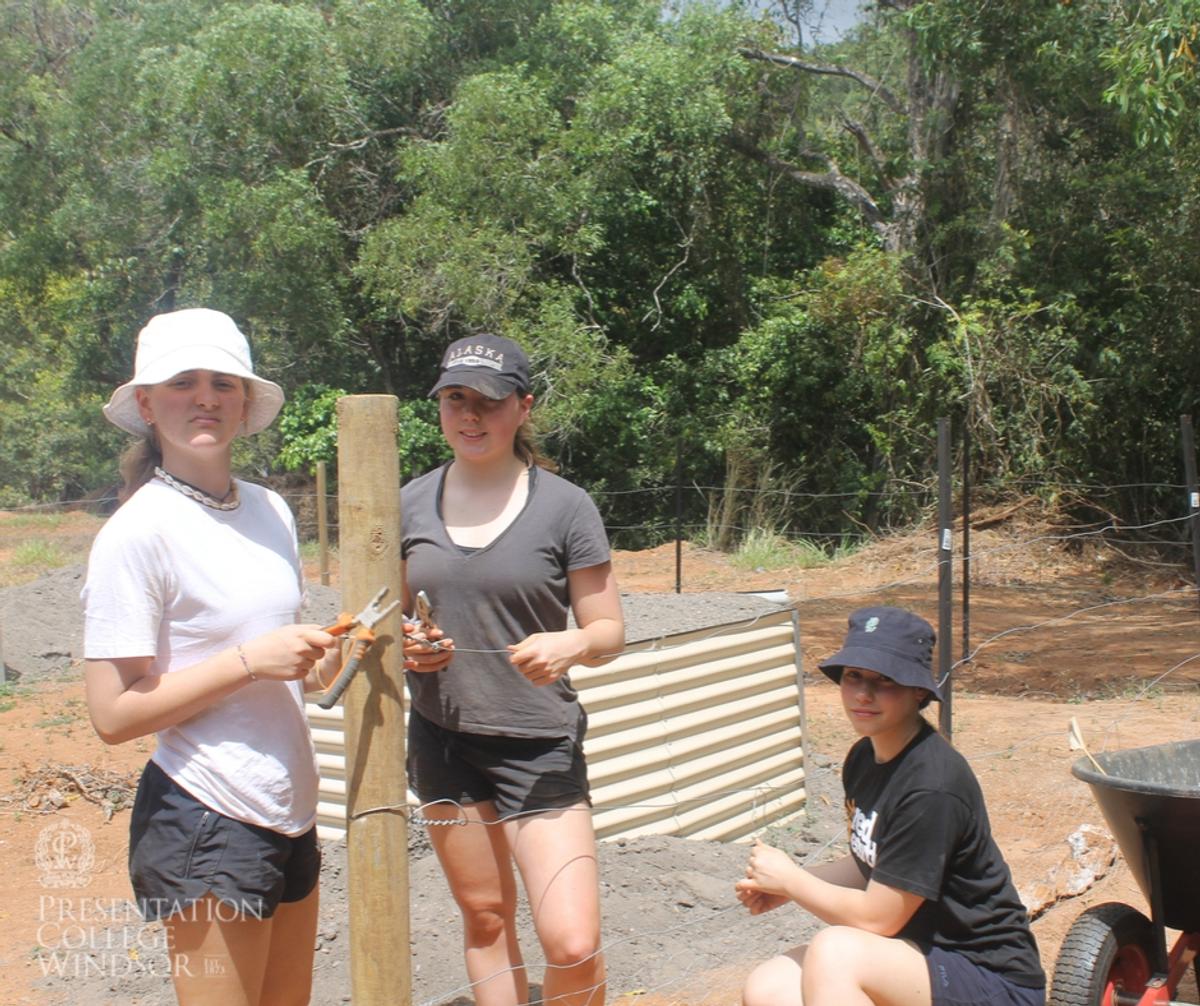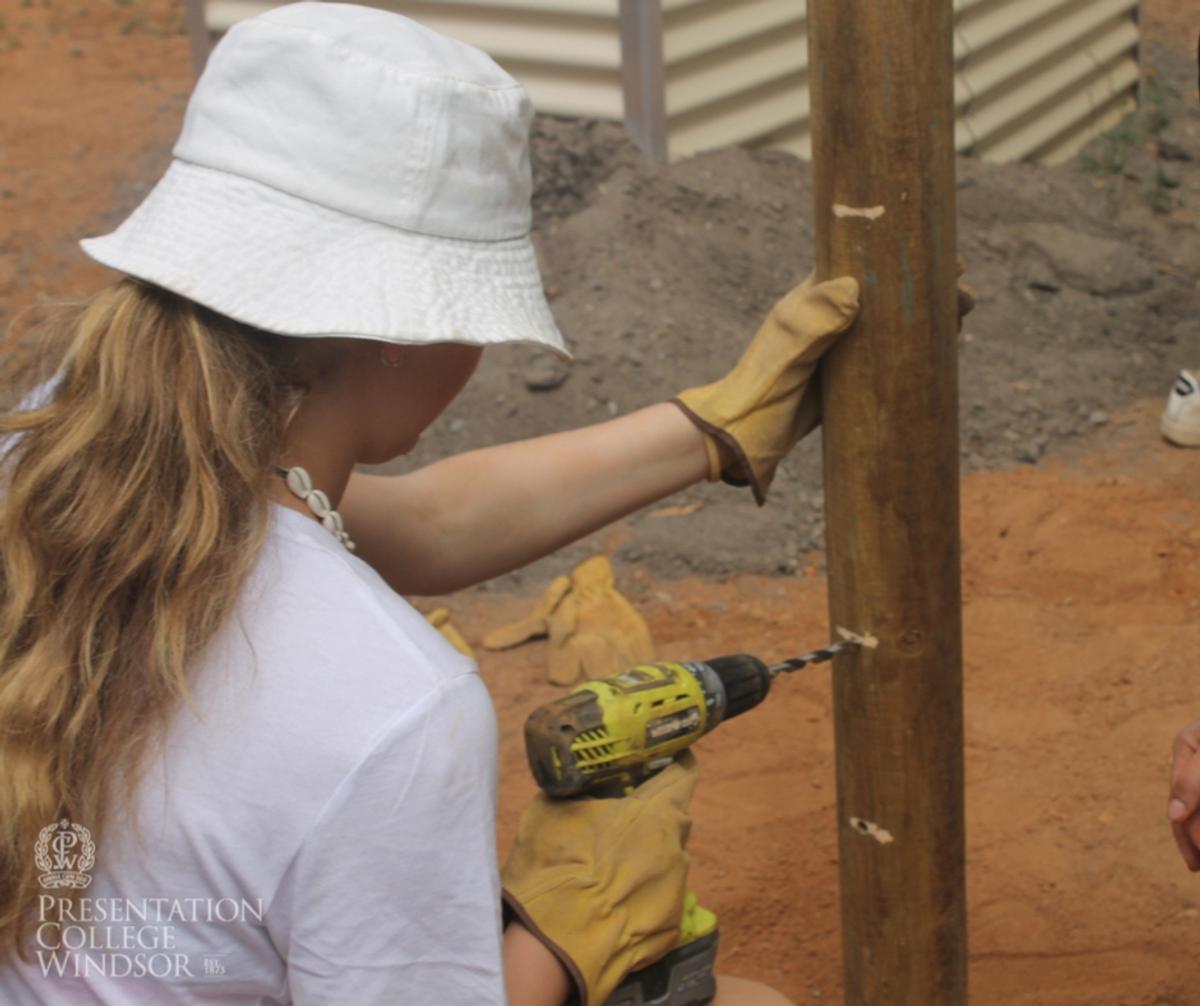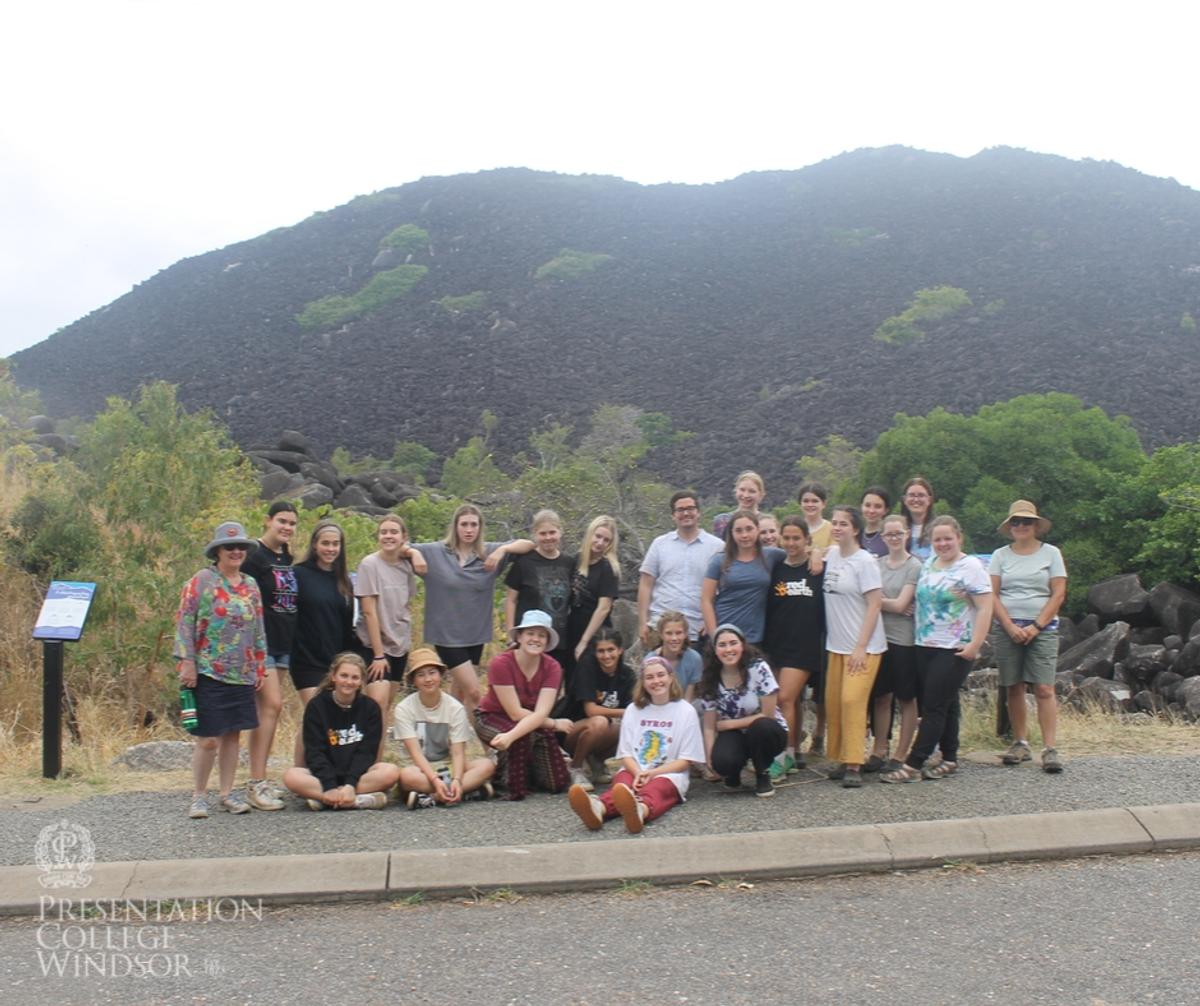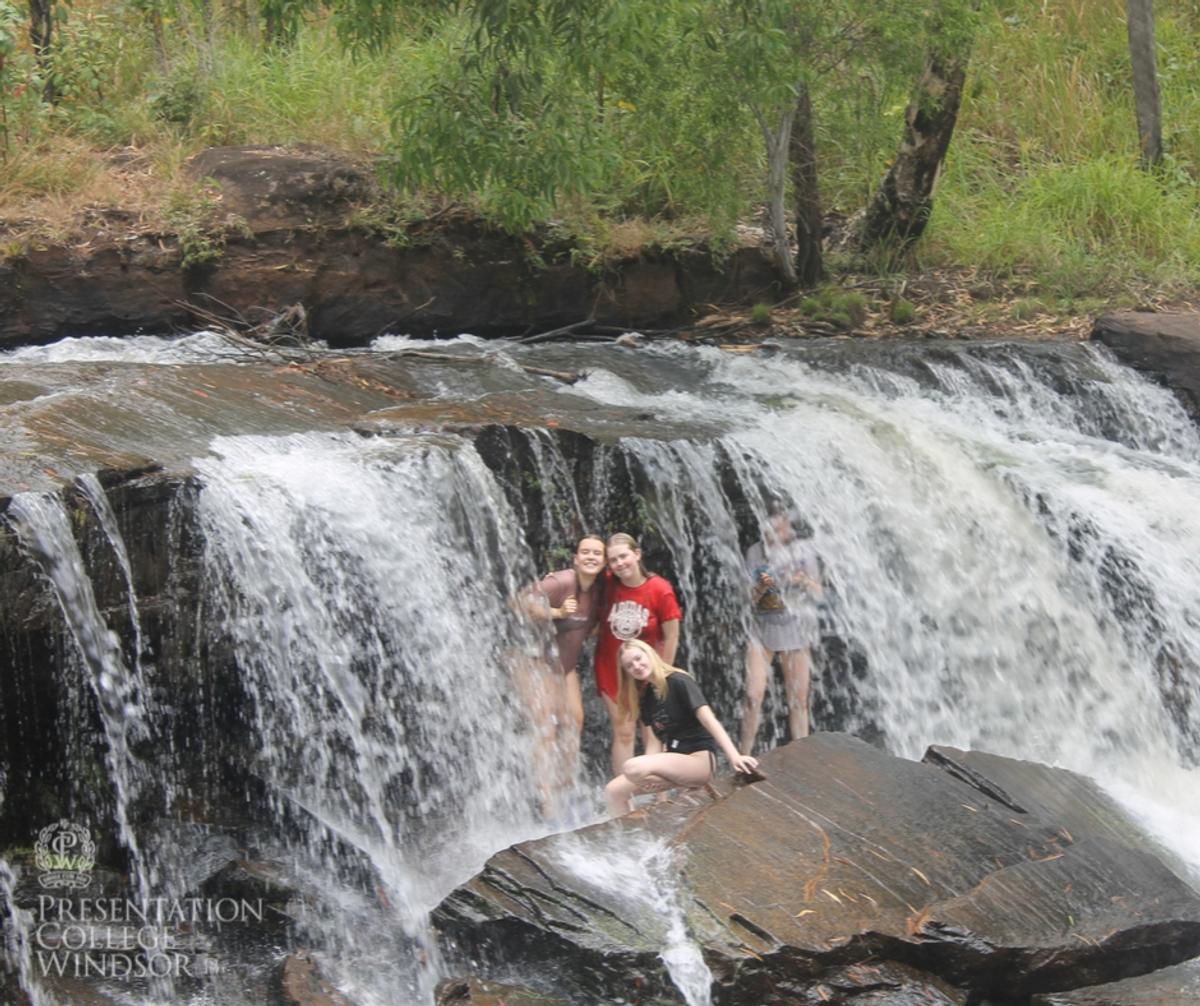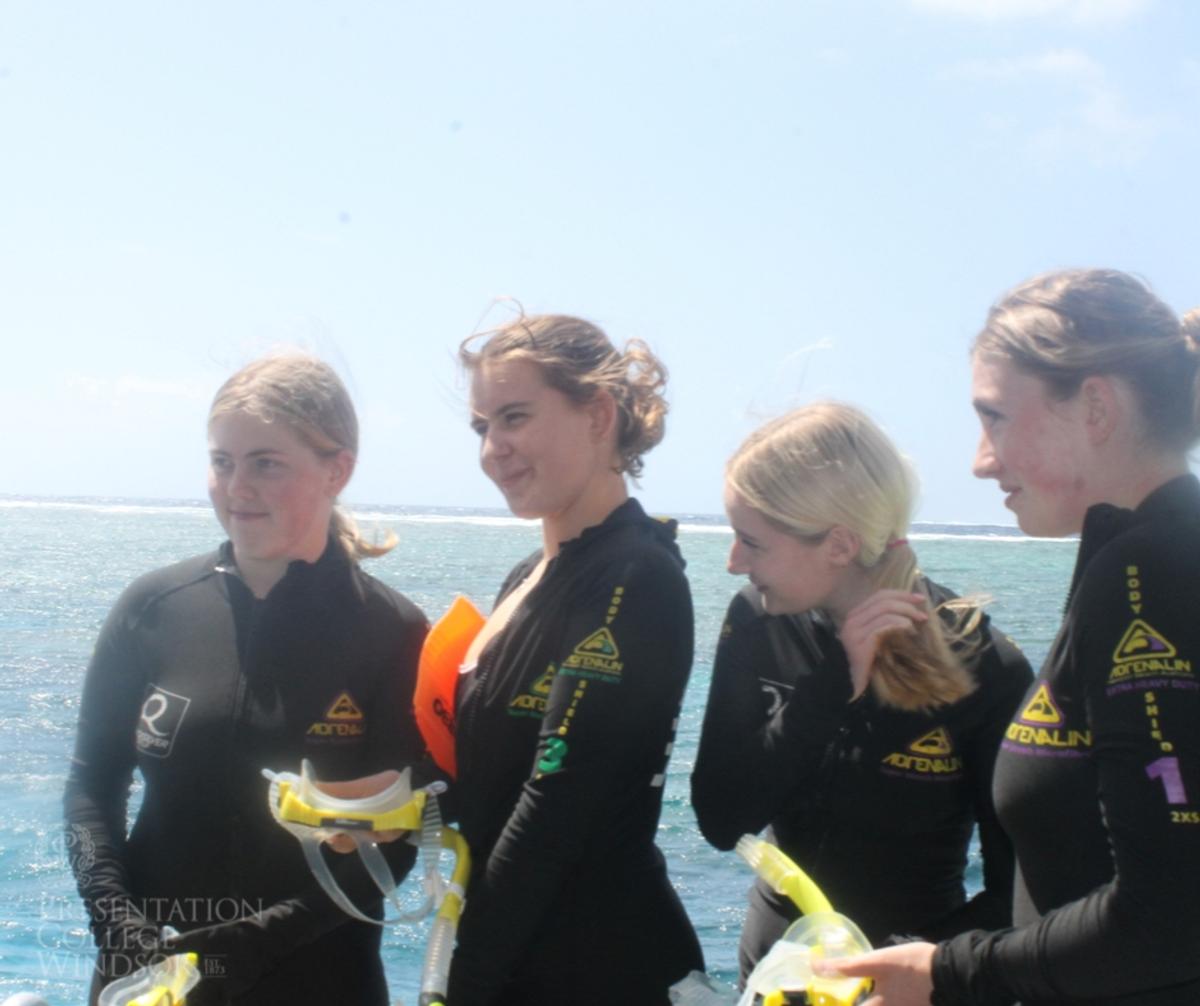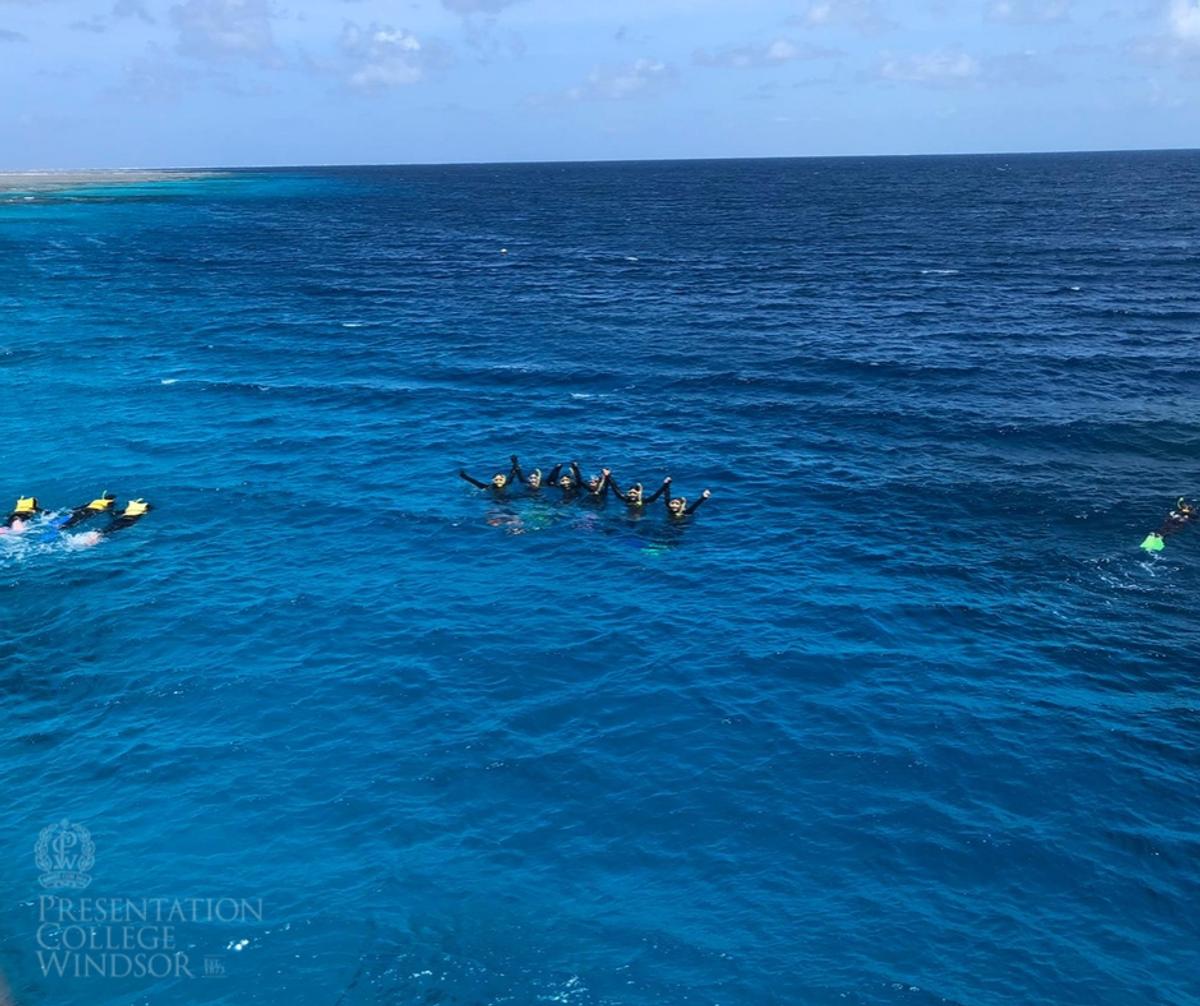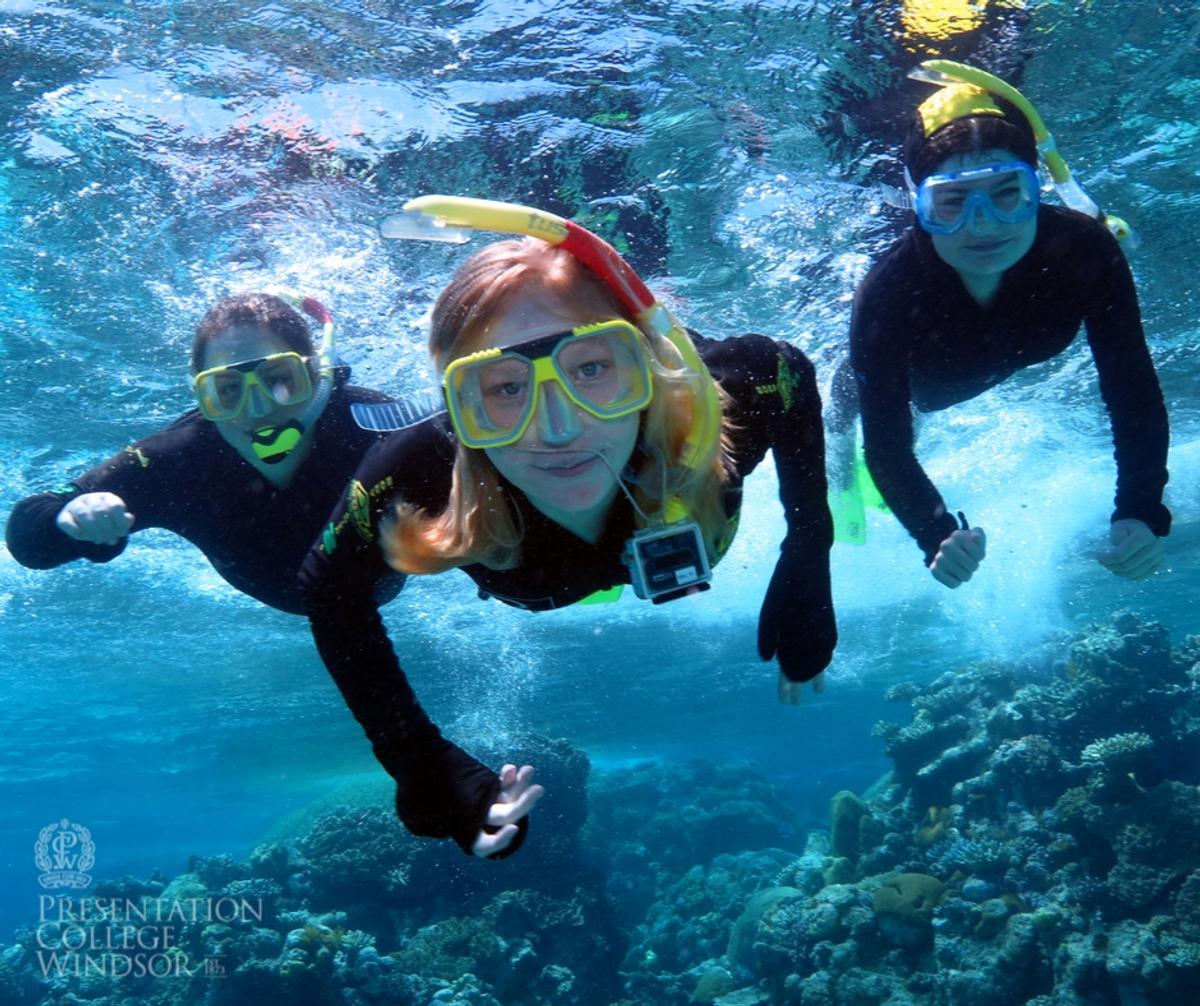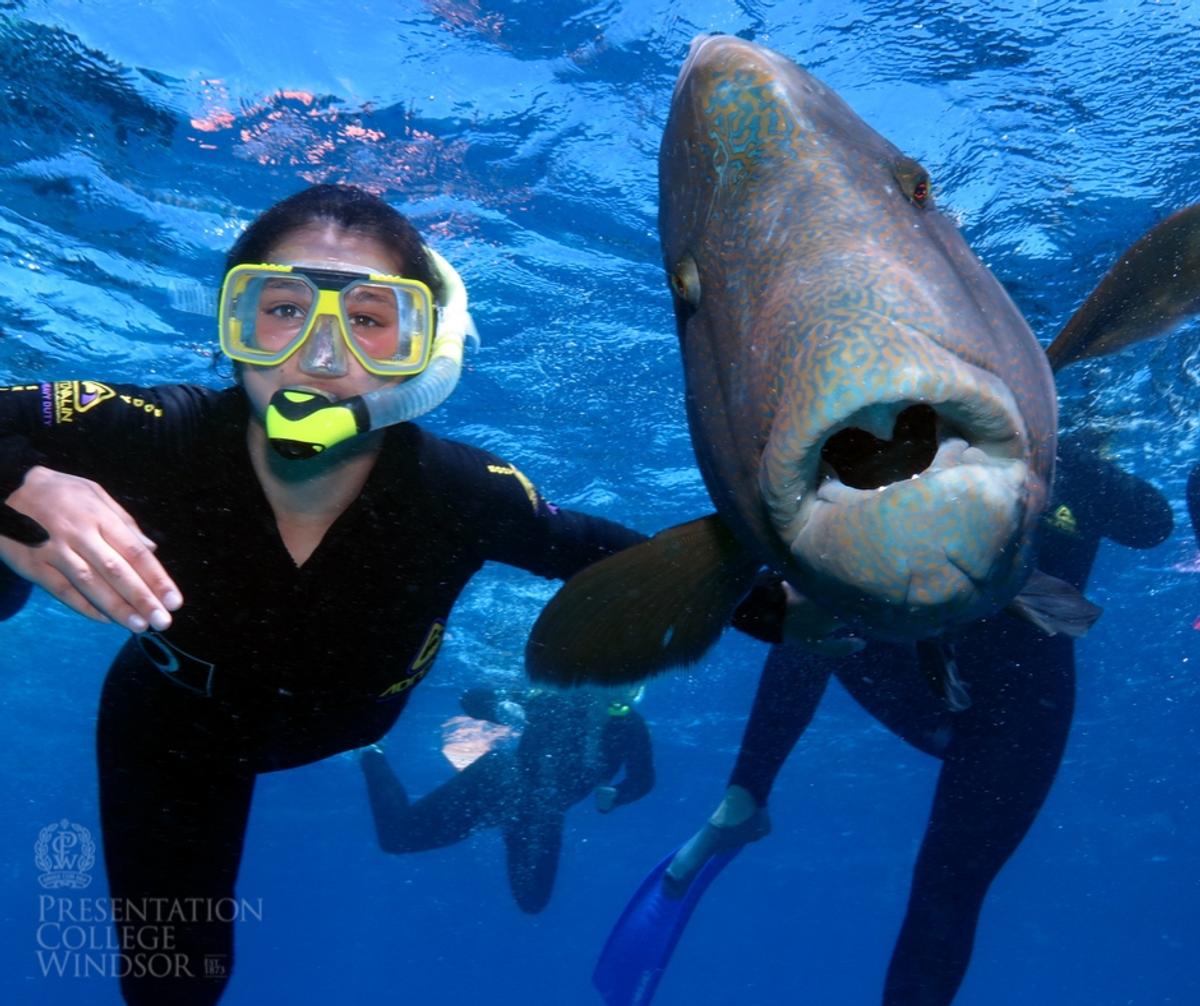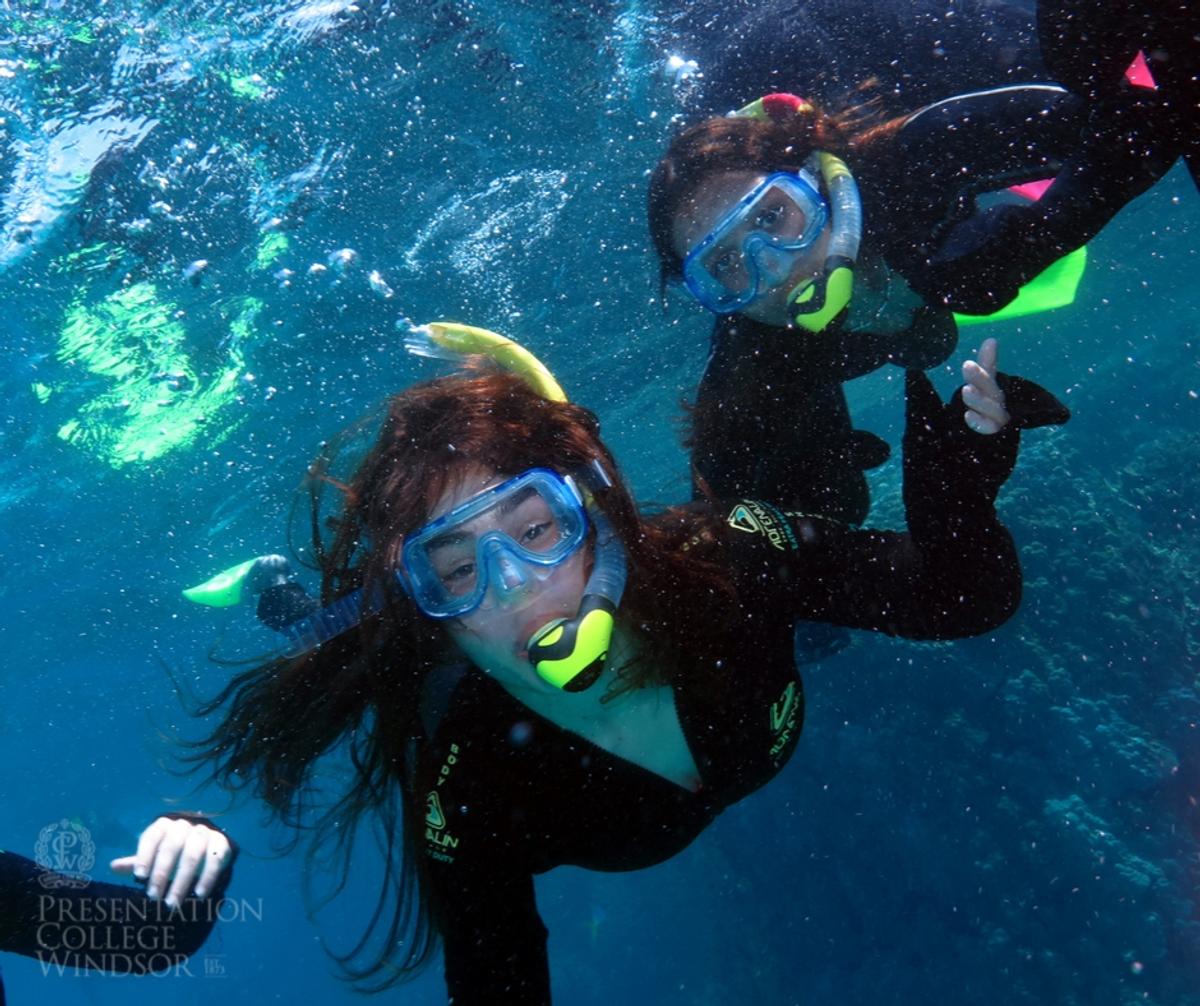Indigenous Immersion Trip
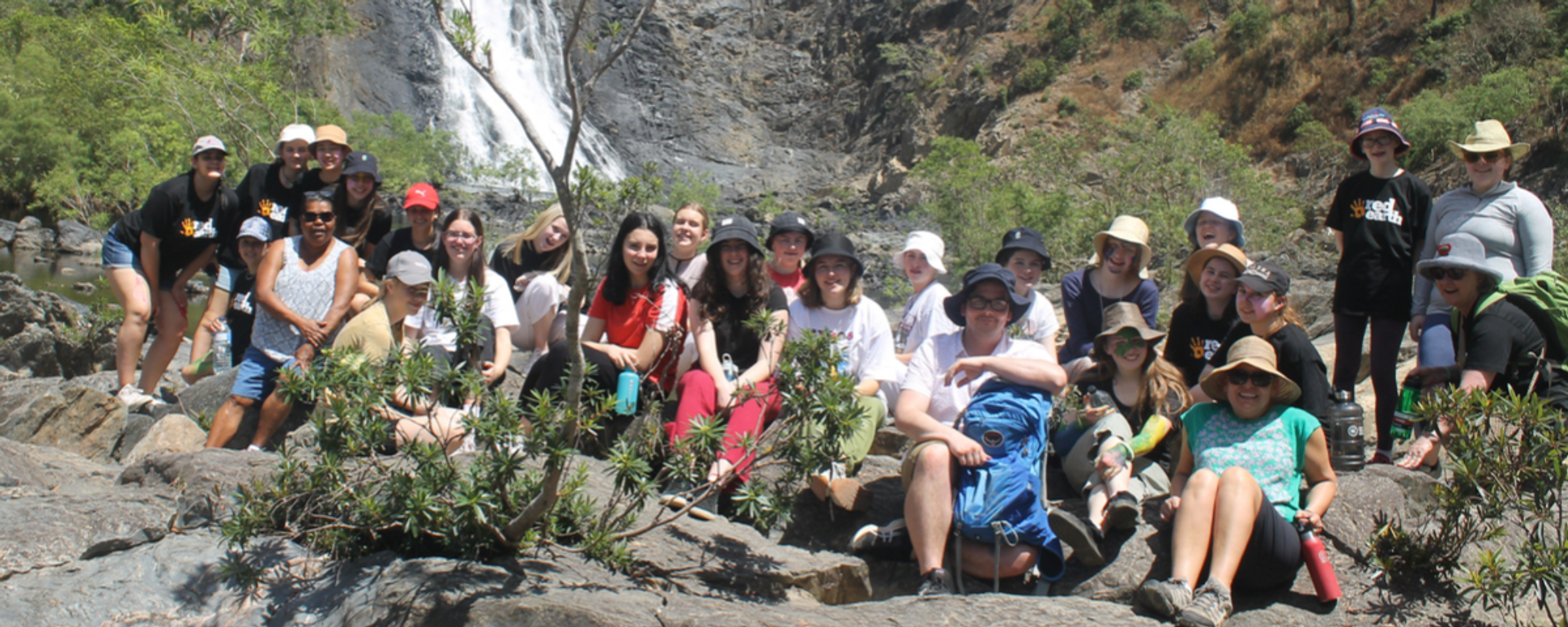
During the school holidays, a group of intrepid young students and staff travelled to far north Queensland to participate in an Indigenous immersion on the Cape York Peninsula. Over the course of the 10 day experience, students visited Wujal Wujal, Dikarrba and Binthiwarra, and finished with a beautiful day snorkeling on the Great Barrier Reef.
The immersion was a great adventure, as we travelled through the magnificent Daintree Rainforest, cruised through crocodile infested waters and ventured off sealed roads in a 4WD bus, which at times traversed inclines and declines of 27 degrees. On hot days, the students were treated to freshwater swimming, surrounded by beautiful landscapes (and thankfully free of curious crocodiles!)
The immersion was both thought provoking and physically challenging. Throughout the experience, students camped in Aboriginal homelands, cooked all of their meals and were involved in a number of community service projects. We connected with Indigenous elders and experienced some of their traditions, including a smoking ceremony, traditional fabric dying, gathering roots and grasses for weaving, and sharing stories. We also visited a rural medical centre, where a doctor visits only three times each week, a local library and community centre, and developed a real sense of the challenges of living in a remote area.
The experience also provided an opportunity for our students to volunteer within the Aboriginal homelands that they visited. Through the incredible efforts of our students, they repaired a farm gate and erected posts and fencing wire to stop roaming livestock from entering the Wujal Wujal homeland in which we stayed. At Binthiwarra, our students worked together to treat wooden planks to create an outdoor kitchen bench that would survive the downpour of the wet season. Each of these projects were physically and intellectually demanding, completing each of these tasks in the warm weather meant utilising determination and true grit to get the job done. The resilience shown by the PCW students was outstanding.
The most powerful part of the immersion was the daily yarn around the campfire. As the sun came down each day, we gathered with our evening meal around the roaring fire, the night sky filling with stars, then a quiet would descend upon the group as the elders began to talk. They shared stories of family and connection to the land. Sometimes, they shared stories of suffering of long ago, of dispossession of land and challenges faced by the young and old in their community. Stories of pain, stories of loss, but also stories of hope for the future. It was during this yarning time, that our students became confident in asking deep questions about the challenges faced by Aboriginal people and our role in the process of reconciliation.
Before heading home, the group travelled to Port Douglas to experience the Great Barrier Reef, witnessing the many ocean creatures and the environment in which they live. It was a truly memorable experience, one that will stay with our students forever and provide them with new perspectives on faith, mission, justice and life.
Simon Gitson
Religious Education Learning Leader
Student Reflections
The most memorable part of the Cape York immersion for me, was meeting people within the communities, being able to ask them questions, and listen to their opinions and stories. It was also interesting to see the way life is lived in rural indigenous communities.
Eleanor Rowland, Year 9
Without a doubt, the best part of the trip was hearing the elders' different perspectives on life. The way they are able to look at everything in a positive is truly inspiring. I am very grateful to have experienced such an eye-opening immersion.
Aliya Gray, Year 9

